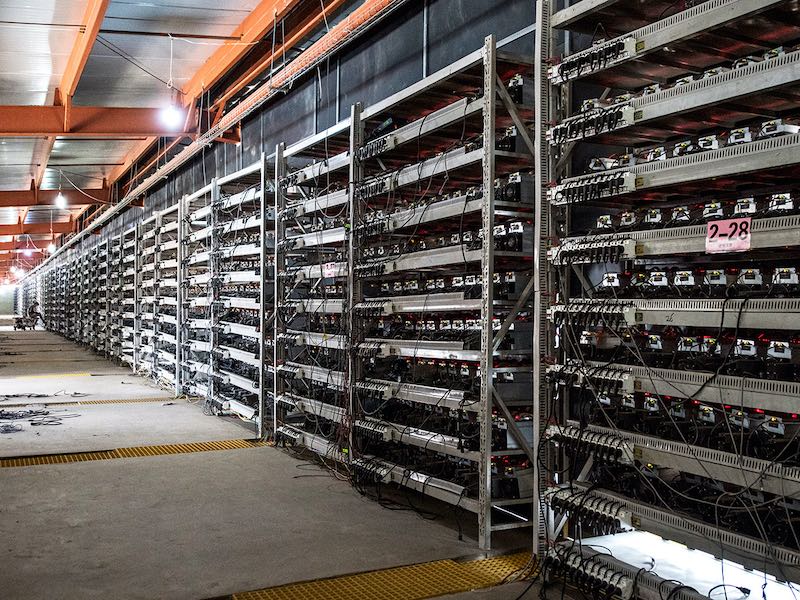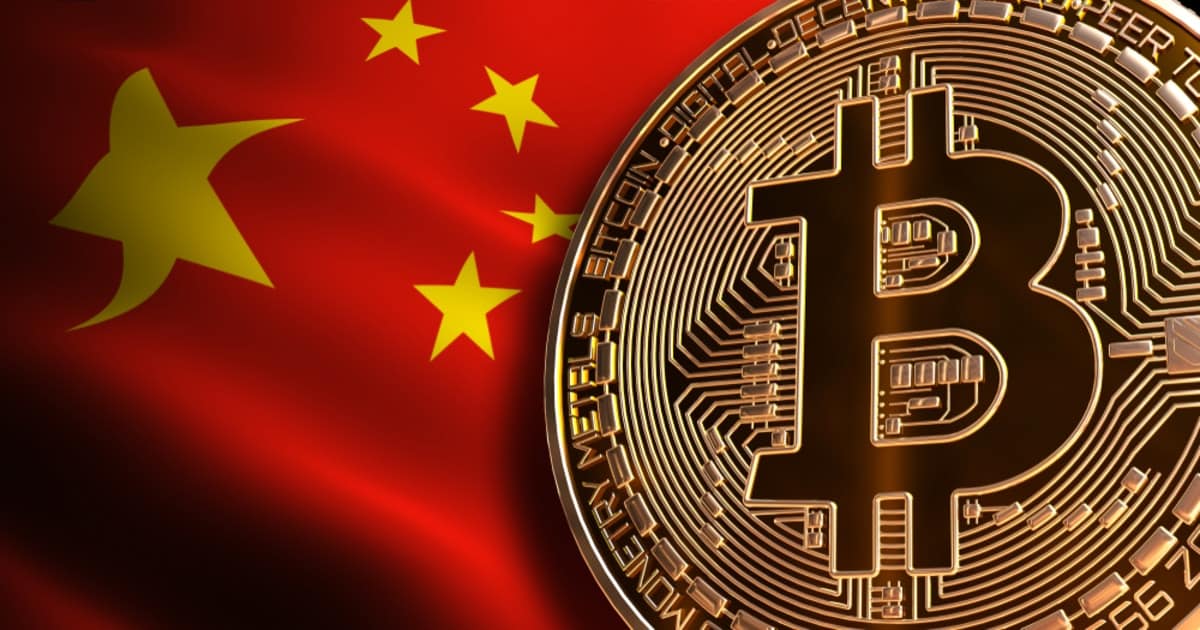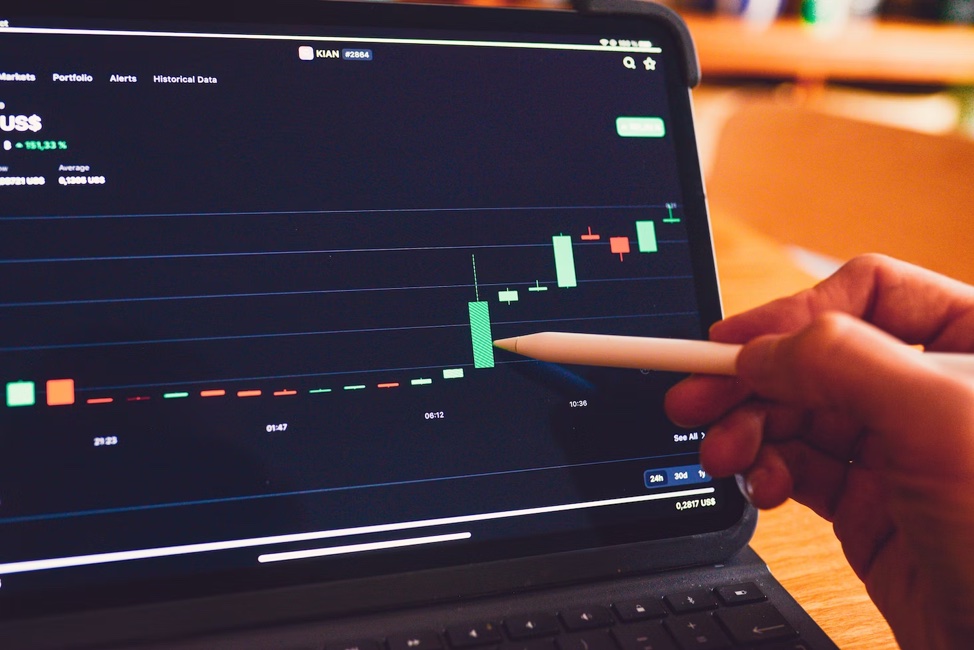Although China has taken steps to restrict the use of cryptocurrencies for years, the renewed government focus on bitcoin mining is new and has a strong impact on the market. China is currently responsible for mining about 75% of the world’s Bitcoin.
China and Bitcoin
China had been maintaining a strong crackdown on the use and trade of Bitcoin by attacking the sector that oversees the mining of new cryptocurrency tokens.
The Chinese government’s new measures were unveiled on Friday night (May 21). They rocked the cryptocurrency markets over the weekend, and pressured cryptocurrencies to suspend some business in China, creating uncertainty about a critical step in the process to get more of those currencies into circulation.
Chinese Deputy Prime Minister Liu He told a group of financial officials on Friday (May 24) that the government would “crack down on Bitcoin mining and commercial activity” as part of its goal of achieving financial stability. The government has not put forward specific policies aimed at mining or trading.
The presence of Liu and other high-ranking members of the cabinet at the meeting, along with measures taken earlier last week to broaden the crackdown on cryptocurrencies, indicate that the Chinese government is taking a more aggressive approach.
Bitcoin miners in China comment the government crackdown
 Leading cryptocurrency miners have already felt the movement. HashCow (which owns the largest mining farms in the world) said on Saturday (May 22) that it would stop selling machines to customers in China and would refund anyone who has already paid for a machine but has not yet received it. HashCow also added that they would keep existing cryptocurrency mining machines up and running.
Leading cryptocurrency miners have already felt the movement. HashCow (which owns the largest mining farms in the world) said on Saturday (May 22) that it would stop selling machines to customers in China and would refund anyone who has already paid for a machine but has not yet received it. HashCow also added that they would keep existing cryptocurrency mining machines up and running.
“We will actively support all kinds of laws and regulations in the country to avoid regulatory risks,” the Chinese company said.
Another Chinese mining company, BIT.TOP, said it would no longer offer mining services for clients in mainland China.
“Next, we will mainly mine in North America,” wrote Jiang Zhuoer, CEO of BIT.TOP, on his Weibo account on Saturday. “It’s not worth running the regulatory risk.”
Such decisions could have big consequences for cryptocurrency. The value of Bitcoin is in part determined by the finite number — 21 million — of coins that can be created. Not all of the coins are in circulation, and Bitcoin miners use computers to solve complex puzzles to create a new “block” on the chain.
The computers necessary for that process are run by companies like HashCow and BIT.TOP. China accounts for more than 75% of Bitcoin mining around the world, according to research published by the peer-reviewed journal Nature Communications last month.
In his Weibo post, Jiang of BIT.TOP said Friday’s meeting suggests that the government is trying to prevent a massive flow of capital into crypto mining, but individuals should still be allowed to mine on their own. He expected that half of the country’s mining machines could be suspended as a result of the latest actions, because the crackdown is focused on big mining farms.
Bitcoin mining crackdown in China impacts Bitcoin price
 The value of Bitcoin and the shares of cryptocurrency-related companies have been shaken after China’s changes. Bitcoin prices fell considerably on Sunday (May 23).
The value of Bitcoin and the shares of cryptocurrency-related companies have been shaken after China’s changes. Bitcoin prices fell considerably on Sunday (May 23).
Shares in Chinese cryptocurrency mining company BIT Mining plunged 23% in New York on Friday. Huobi Technology, a cryptocurrency exchange, plunged 22% on Monday (24) in Hong Kong.
Huobi, which provides hosting for miners and other cryptocurrency-related products, said on Monday that it would suspend mining-related services for new users in mainland China “to focus more on expanding our presence abroad”. He added that the majority of users would not be affected by the change.
“Huobi always strives to abide by the evolving policies and regulations of each jurisdiction to adhere to risk and preserve the well-being of our users and their assets,” the company added.
“China once again showed who was the big fish, signalling a crackdown on crypto miners,” wrote Jeffrey Halley, senior market analyst for Asia Pacific at Oanda, in a Monday note. Regulatory risk “now represents an existential threat to the virtual currency space,” he added.
Is the cryptocurrency future outside China?
China has long limited crypto trading within the country, wary of financial risks associated with it. Last week, finance and banking watchdogs said that financial institutions and payment companies should not participate in any transactions related to cryptocurrency, nor should they provide crypto-related services to their clients.
The new measures are not aimed at reducing only financial risk. The computers needed for Bitcoin mining consume a wealth of computing power and electricity, raising concerns about the cost to the environment. Elon Musk recently voiced his concerns over sustainable Bitcoin mining. Because of this, Bitcoin is no longer accepted as a form of payment at Tesla.
Bitcoin sustainability is the new trending topic in the crypto market
 In China alone, Bitcoin is expected to generate more than 130 million metric tons of carbon emissions by 2024, according to the “Nature Communications” study. It is more than the total annual carbon footprint of the Czech Republic and Qatar in 2016.
In China alone, Bitcoin is expected to generate more than 130 million metric tons of carbon emissions by 2024, according to the “Nature Communications” study. It is more than the total annual carbon footprint of the Czech Republic and Qatar in 2016.
Production is disastrous for China’s ambitious climate plans. Leader Xi Jinping has promised to make his country carbon neutral in 2060, and the country is already struggling to contain carbon emissions from other industries.
Some officials in China cited environmental concerns as the main reason for action. Inner Mongolia, for example, announced in February that it would end all cryptocurrency mining projects in the region by the end of April to reduce emissions. The coal-rich province, which is a Bitcoin mining center due to the abundance of cheap energy, has created hotlines to encourage residents to report companies they suspect are cryptocurrency mining farms.





